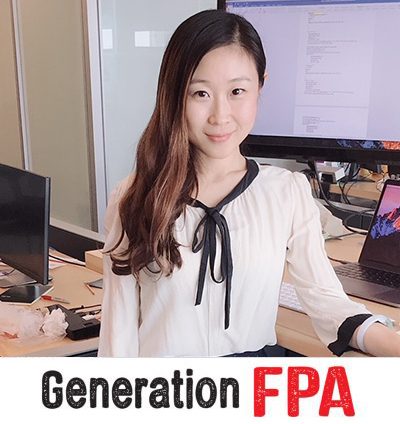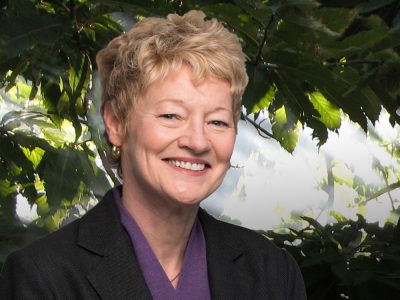This profile was part of the Faculty of Public Affairs’ Generation FPA series, which highlighted up and coming alumni who graduated between 2008-2018. The series was published in 2018.
Wen Ci is an Economist at Amazon in Seattle, Washington.
 What do you like about being an economist?
What do you like about being an economist?
As an applied economist, I’m trained to use large datasets to explore business/policy questions and then provide guidance to senior leaders. I enjoy working with firms, gathering their questions, discovering insights in the data, and then translating those insights into business decisions. Having the real world impact is very motivating.
You spent some time working as a policy analyst at Statistics Canada. How did that differ from the experience you’re having now in the private sector?
The private sector is a completely different environment because it’s fast-paced and time-sensitive. We often have to come up with an answer to a question quickly, which means finding a balance between efficiency and accuracy.
The government moves slower and they take more time to make sure numbers are 100% correct. To provide a definite answer takes time. At the moment, I am enjoying the fast-paced dynamic environment of the private sector.
How do you use your degree on the job?
Everything I do I learned in graduate school. The two major things I learned from graduate school are applied econometrics, and how to handle large data sets. Once you’re on the job, you start to learn new skill sets, such as how to communicate with colleagues and how to work in a business setting.
You came to Carleton as an international student. What challenges did you face?
It was definitely tough. The biggest challenge was the language. Even though I scored well on the language test, there’s a difference between the test and the day-to-day language people use. There were a lot of frustrations in the beginning.
The second thing was the difference between what I learned as an undergraduate in China and what they taught here. I found I had knowledge gaps. But the professors were really good because they knew there were differences and they provided very detailed guidance on how we could fill in those gaps. They made sure we could do well in the class.
What advice would you offer current economics students?
I would tell them not to pay too much attention to test scores. Whether you have an A or A+ is less important than understanding the techniques. Employers want to see that you have experience dealing with data and running analysis: they don’t care what courses you took.
Monday, July 9, 2018 in Career Paths, Department of Economics, GenFPA
Share: Twitter, Facebook



